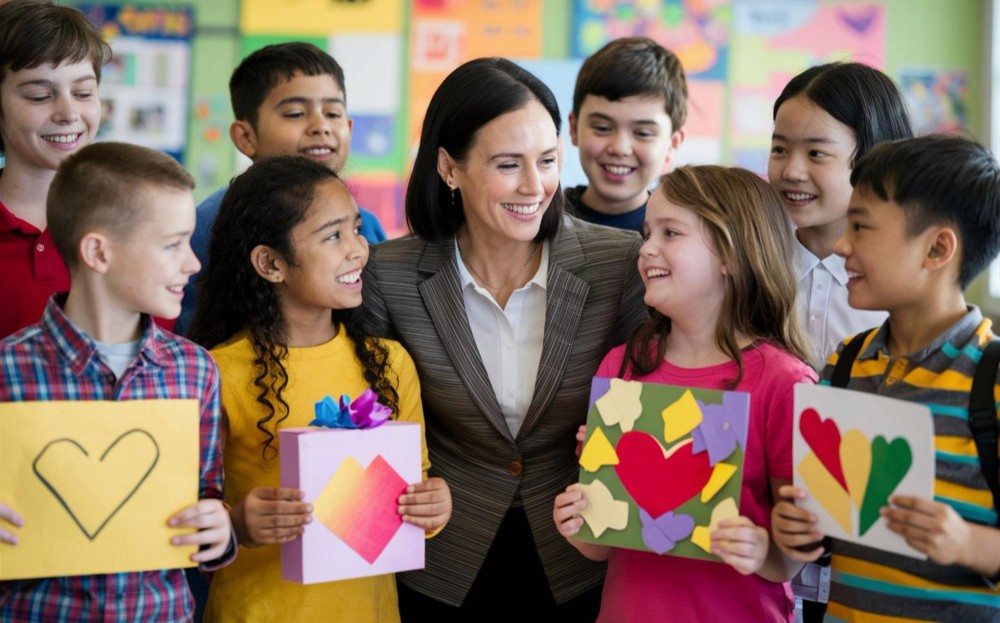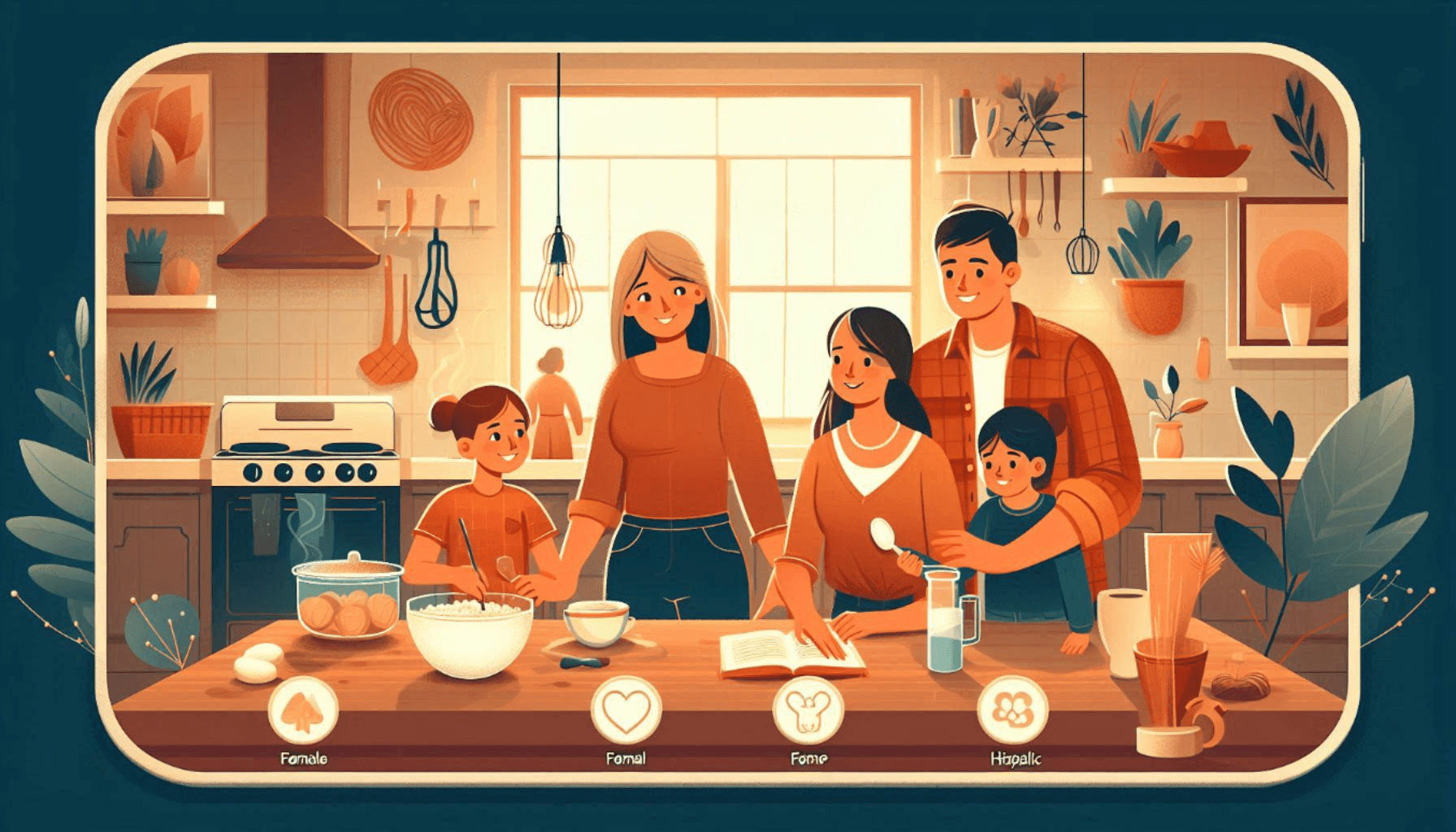Heart
Redefining Relationships: The Indian Millennial Perspective

Team NxtClue
Content
|
5 mins
|
Aug 26, 2024

0:00/1:34
Don't have enough time to read?
Listen

The Indian Millennial and Our Definition of Relationships
There’s a lot you can say about us millennials. You can call us rash; you can call us ambitious. You can say we’re the reason the economy’s falling, or you can say that we’re changing the way industries work. Whatever you think about us, one thing is undeniable: we bring in an incredibly unique perspective into anything we’re involved with. It directly stems from our upbringing smack in the middle of the boom of technology and the time when globalization changed how we interact with each other forever.
Who Is the Indian Millennial?
The concept of millennials may have come from America, but the moniker has quickly spread to the rest of the world (and no one’s surprised). In a country as socially, economically, regionally, and religiously diverse as India, examining a concept like that of the ‘millennials’ can be extremely tricky.
India’s home to a population of about 450 million millennials—one of the largest in the world—and only about one-third of them are urban millennials. This leads us to the dilemma of understanding two sections of society that, while belonging to one generation, grew up under very different circumstances and have had very different experiences shape them into the person they are.
Changing Perspectives on Relationships
Our unique perspective has led to stark differences between how relationships in our parents’ generations work and in ours. We’re slowly and surely moving on from the traditional and formal models of relationships to those based on ease, trust, and compatibility in all aspects of our lives.
We no longer hold the same traditional values of getting married, buying a house, and settling down with kids as soon as we step into adulthood. In fact, we are openly challenging these perceptions by renting apartments, having live-in relationships (for those of us who aren’t content with remaining single or casually dating), and a lot of us don’t even want kids.
We focus more on our own wants and work to find a healthy middle ground that stays true to our family values but doesn’t compromise our goals. The major difference between relationships in our parents’ generation and ours is that we’re focusing more and more on our mental health and building healthy relationships.
We hope that you may have a clear idea of what we millennials expect out of their lives. To those from older generations who are reading this article: We’re doing our best to bring about change in the way we interact with each other and create a healthy environment for everyone. All we ask is that you give us some space to work in as we figure this out and perhaps try to be open-minded about the changes and opinions we’re bringing into the house.
Download
Related Blogs

11 min
Heart
Why Schools Need SEL

Team NxtClue
|
26/08/24

11 min
Heart
Build Closer Family Bonds

Team NxtClue
|
26/08/24

11 min
Heart
Maintain a Healthy Dating Life

Team NxtClue
|
26/08/24

11 min
Heart
Overcome Family Dependency

Team NxtClue
|
26/08/24

I May Not Be the Menu, But I Can Still Guide You – I Know Some Shortcuts!
With us
Decision is yours
Without us

Copyright © 2024 NxtClue | All Rights Reserved
0:00/1:34
Don't have enough time to read?

Listen

5 mins
Heart
Redefining Relationships: The Indian Millennial Perspective

Team NxtClue
|
Aug 26, 2024
Download
The Indian Millennial and Our Definition of Relationships
There’s a lot you can say about us millennials. You can call us rash; you can call us ambitious. You can say we’re the reason the economy’s falling, or you can say that we’re changing the way industries work. Whatever you think about us, one thing is undeniable: we bring in an incredibly unique perspective into anything we’re involved with. It directly stems from our upbringing smack in the middle of the boom of technology and the time when globalization changed how we interact with each other forever.
Who Is the Indian Millennial?
The concept of millennials may have come from America, but the moniker has quickly spread to the rest of the world (and no one’s surprised). In a country as socially, economically, regionally, and religiously diverse as India, examining a concept like that of the ‘millennials’ can be extremely tricky.
India’s home to a population of about 450 million millennials—one of the largest in the world—and only about one-third of them are urban millennials. This leads us to the dilemma of understanding two sections of society that, while belonging to one generation, grew up under very different circumstances and have had very different experiences shape them into the person they are.
Changing Perspectives on Relationships
Our unique perspective has led to stark differences between how relationships in our parents’ generations work and in ours. We’re slowly and surely moving on from the traditional and formal models of relationships to those based on ease, trust, and compatibility in all aspects of our lives.
We no longer hold the same traditional values of getting married, buying a house, and settling down with kids as soon as we step into adulthood. In fact, we are openly challenging these perceptions by renting apartments, having live-in relationships (for those of us who aren’t content with remaining single or casually dating), and a lot of us don’t even want kids.
We focus more on our own wants and work to find a healthy middle ground that stays true to our family values but doesn’t compromise our goals. The major difference between relationships in our parents’ generation and ours is that we’re focusing more and more on our mental health and building healthy relationships.
We hope that you may have a clear idea of what we millennials expect out of their lives. To those from older generations who are reading this article: We’re doing our best to bring about change in the way we interact with each other and create a healthy environment for everyone. All we ask is that you give us some space to work in as we figure this out and perhaps try to be open-minded about the changes and opinions we’re bringing into the house.
Copyright © 2024 NxtClue | All Rights Reserved

I May Not Be the Menu, But I Can Still Guide You – I Know Some Shortcuts!
With us
Decision is yours
Without us

Copyright © 2024 NxtClue | All Rights Reserved

I May Not Be the Menu, But I Can Still Guide You – I Know Some Shortcuts!
With us
Decision is yours
Without us

Related Blogs